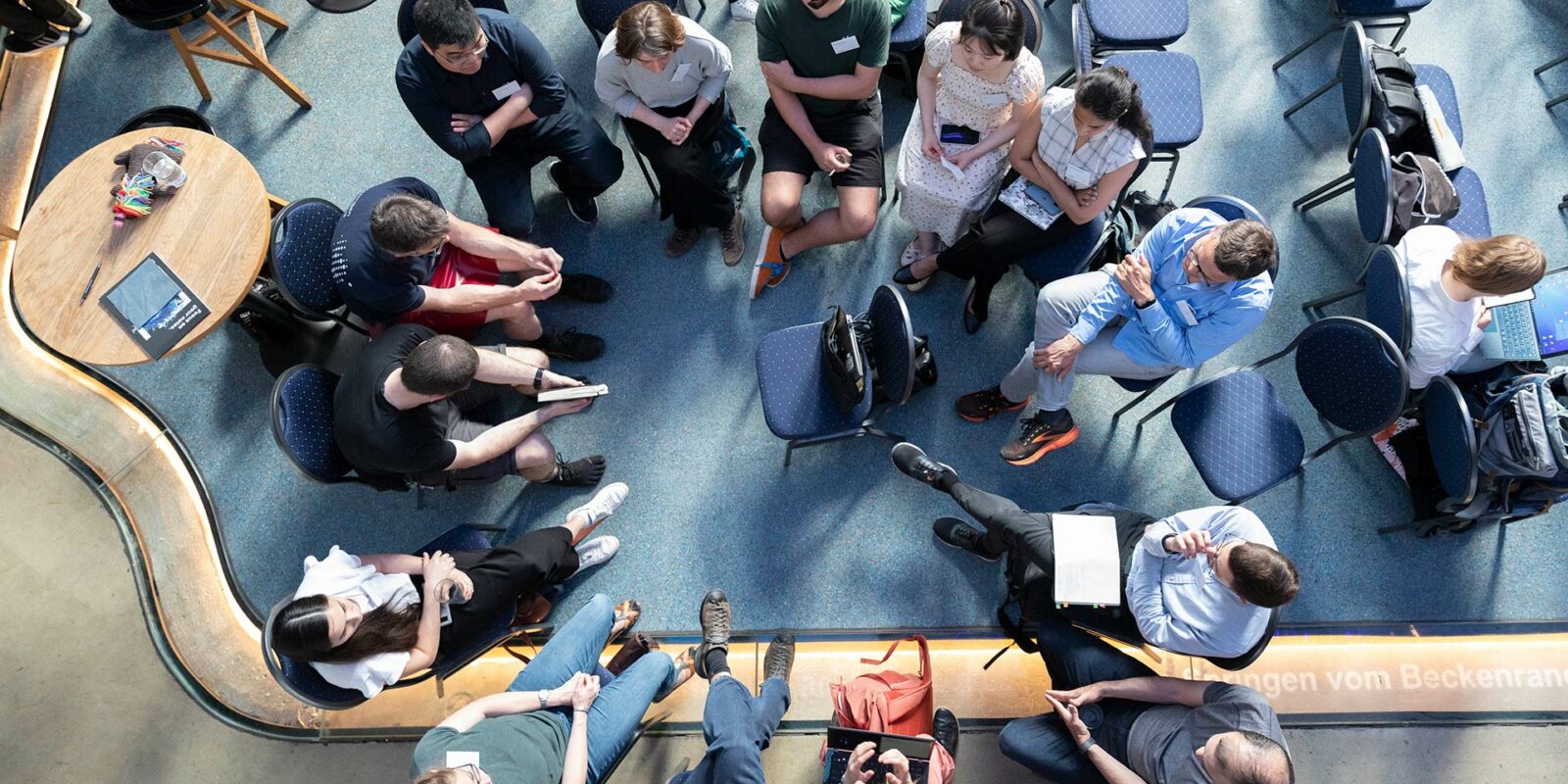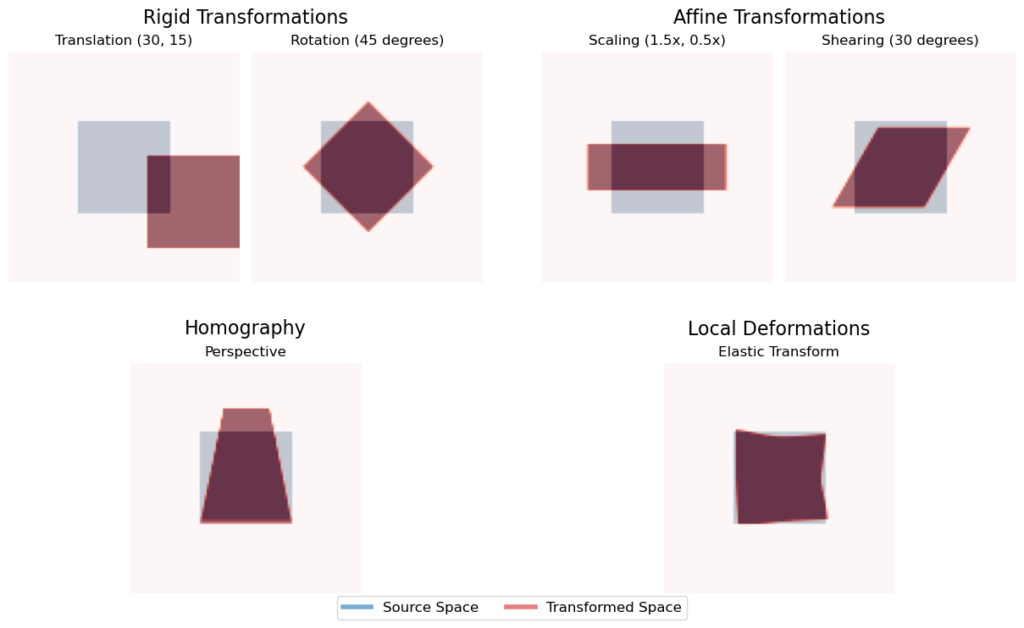Published on 25.10.2024
Helmholtz Summer School – From Data to Knowledge: Courses by Helmholtz Imaging

This year marked the rebranding of the Helmholtz Incubator Academy to the Helmholtz Summer School – From Data to Knowledge. Organized jointly by Helmholtz AI, Helmholtz Imaging, HIFIS, HIDA, and HMC, the event brought together doctoral and postdoctoral researchers from the Helmholtz Association, alongside a select group of Master’s students and researchers from other institutions. Participants engaged in hands-on tutorials, deep dive workshops, and interactive sessions.
Held from September 16-27, 2024, the Helmholtz Summer School offered participants a comprehensive, two-week course program designed to enhance their skills in Information & Data Science. The carefully curated courses spanned a wide range of topics, ensuring participants with different levels of expertise could find workshops tailored to their needs.
This year’s program featured three specialized courses hosted by Helmholtz Imaging: Regularization in Image Reconstruction: From Model to Data-Driven Methods, Introduction to Image Registration, Visualization of volumetric datasets. In this recap, we present a brief overview of the discussed topics, along with materials for your personal training and use.

Regularization in Image Reconstruction: From Model to Data Driven Methods
Lecturers: Martin Burger, Lukas Weigand, Samira Kabri, Tim Roith
In this course, we explored image reconstruction problems, which are examples of inverse problems, from various perspectives: After getting to know the main pitfalls in inverse problems and how they are traditionally circumvented by so-called regularization methods, we proceeded to contrast these model-based methods with a fully data-driven end-to-end image reconstruction approach, using the popular U-Net architecture. To compromise between both extremes, we settled on a Plug and Play approach, combining information from both the model and the data. In the final part we explored the Bayesian perspective, where instead of a single reconstruction, one wants to obtain a probability distribution of reconstructions, which makes it possible to quantify uncertainty.

Introduction to Image Registration
Lecturer: Ella Bahry
In this workshop, the fundamentals of image registration were presented, focusing on aligning images for comparison and analysis. Topics included the common needs for image registration in research, the various types of image transformations, and an understanding of interpolation during transformation. Various registration techniques were explored and demonstrated, including intensity-based methods like correlation coefficients, approaches such as mutual information, feature-based registration, and model-based methods. The workshop addressed challenges and considerations in image registration, such as preprocessing, and provided guidelines to navigate image registration for different needs. Finally, several software tools available for image registration in research applications were introduced.
Visualization of volumetric datasets
Lecturer: Deborah Schmidt
The workshop covers key approaches for visualizing 3D datasets. It starts with an introduction to different types of 3D data, including voxel-based datasets, meshes, and point clouds. The workshop then moves on to practical visualization techniques such as volume rendering, slicing, and mesh conversion, using tools like Album, Fiji, and VTK. It also includes sections on automating rendering tasks, web-based visualization with Neuroglancer, and optimizing meshes for performance. The workshop concludes with practical tips for color selection and ongoing challenges in 3D visualization.
**
Stay tuned for more upcoming events! Sign up for our newsletter: helmholtz-imaging.de/newsletter
Image: Jörg Modrow; taken during the 4th Helmholtz Imaging Conference